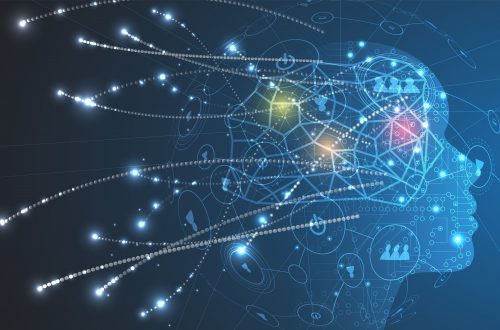 On March 4, 2022, the “Study on the Impact of Artificial Intelligence on the Infringement and Enforcement of Copyright and Designs” (the “Study”—full text accessible here) was published by the European Observatory on Infringements of Intellectual Property Rights (“Observatory”—more information on the Observatory available here), established under the umbrella of the European Union Intellectual Property Office.
On March 4, 2022, the “Study on the Impact of Artificial Intelligence on the Infringement and Enforcement of Copyright and Designs” (the “Study”—full text accessible here) was published by the European Observatory on Infringements of Intellectual Property Rights (“Observatory”—more information on the Observatory available here), established under the umbrella of the European Union Intellectual Property Office.
In early 2019, the EUIPO set up a “Technology Impact Expert Group” composed of experts with knowledge and practical experience in monitoring the effects of new and emerging technologies on the infringement and protection of intellectual property, including copyright, designs, and models. The expert group developed a unique method for analyzing the impact of new technologies and particularly of artificial intelligence (AI) on IP, bearing in mind that a single technology may be used for both infringement and protection.
The Study applies this AI method to two detailed cases of copyright and design infringement and protection in a) the production and marketing of physical goods and b) the sharing of digital content.
The purpose of the Study is to analyze the impact of AI technologies on both the infringement and enforcement of copyright and designs. It is meant to be a practical, practitioner-oriented tool to help illustrate the impact of AI and put that impact into a broader perspective. To this end, 20 scenarios have been developed to demonstrate existing or potential misuse of AI technologies to infringe copyright (and related rights) and designs, as well as the use of AI to enforce those same rights. The focus of enforcement of the selected IP is the application of AI in the field of law enforcement.
These days, it is undisputable that AI present various capabilities, from sensing, reasoning, and acting to assessing and even predicting. Against this backdrop, the Study found that there are multiple opportunities, drivers, limitations, and concerns regarding the use of AI in infringement and enforcement of copyright and designs. To mention just a few such opportunities, AI can improve efficiency in detecting and enforcing copyright and design infringement through its different capabilities, from sensing, reasoning and acting to assessing and even predicting. As for the drivers, the various capabilities of AI make it attractive to malicious actors. AI can emulate many acts performed by humans and in some instances can exceed human performance in terms of efficiency and scalability. As for limitations, AI depends on a large amount of high-quality data, as well as presenting limited versatility and dependence on specific application scenarios. Finally, the development and application of AI have raised some concerns related to ethics, privacy, and fundamental rights. For example, AI algorithms are powered by data collected and processed by the technologies that increasingly surround us in every moment of our lives. When data is collected and processed, the fundamental right to privacy must be duly considered.
In conclusion, the Study finds that significant investment is flowing into AI research and development, along with machine learning technologies, and according to the Observatory this trend is expected to continue in the coming years. Therefore, the availability and use of these tools and technologies, for both legal and illegal purposes, can be expected to increase. A wide range of AI-related tools and technologies are currently or potentially in use in copyright and design infringement and enforcement. There is clearly a need for better understanding, increased awareness, and enhanced capability on the part of all stakeholders, including policymakers, IP protection entities, companies, and law enforcement authorities.


